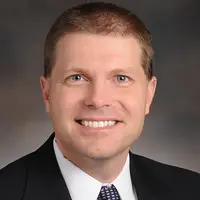A more diverse scientific workforce would lead to a better rapport with communities most impacted by environmental justice issues, authors say
RESEARCH TRIANGLE PARK, N.C. — A new paper published by RTI Press, a global publisher of peer-reviewed, open-access publications, makes the case that diversity in the environmental health and sciences workforce will lead to more effective environmental justice interventions.
The authors, a group of experts from RTI International and North Carolina Central University (NCCU), suggest that engaging a diverse student population in purposeful research provides a basis for long-term, impactful career development in the fields of environmental health and environmental justice. This effort can be supported by academic-industrial partnerships that provide both training and experience in basic research, and an educational focus on applied research and community engagement.
“The message of this paper is that environmental justice work involves more than identifying chemicals, measuring concentrations and assessing risks,” said James Harrington, Ph.D., a research chemist at RTI and lead author of the paper. “Ultimately, a scientific workforce that shares the experiences of affected communities is going to create better rapport and trust with those communities, and increase the likelihood of successful interventions.”
Harrington and his colleagues suggest that there is a natural overlap between the goal of a diverse workforce and the aspirations of students from underserved communities. They point to a recent analysis of career motivations of high-achieving Black and Hispanic STEM undergraduate students that concluded that minoritized students are inspired by work focused on social justice, empathy and equity. Connecting these students with the right opportunities is the next step.
The paper’s authors are part of the NCCU-RTI Center for Applied Research in Environmental Sciences (CARES), launched earlier this year. CARES was created to bring together experts from NCCU and RTI to address critical issues in environmental health and develop the next generation of leaders in health equity.

RTI International Media Relations:

